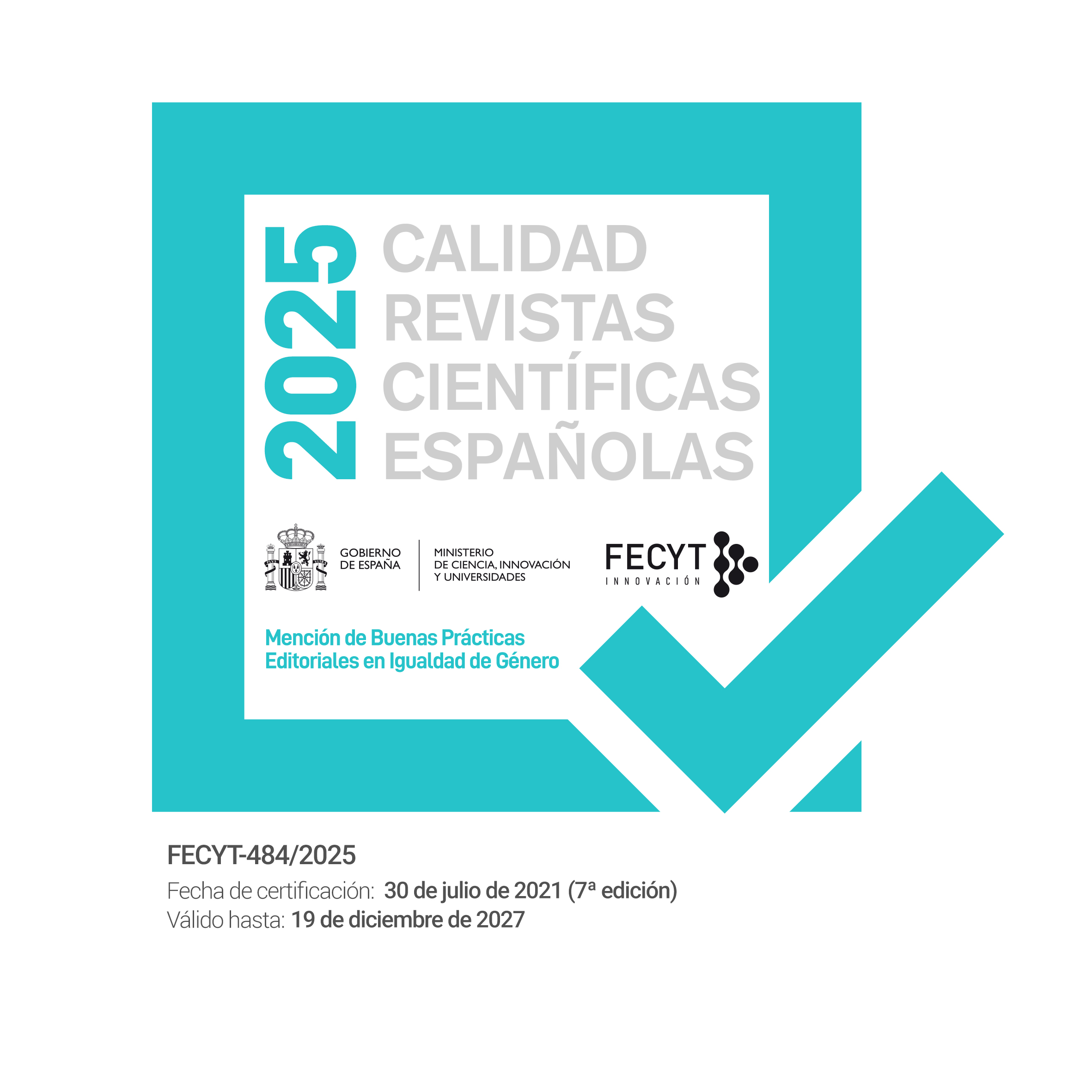Social identities and modes of education. Interview to Julia Varela Fernández
DOI:
https://doi.org/10.5944/hme.12.2020.26912Keywords:
Sociology of education, genealogy, power relationships, social stratification, modes of education, feminization device, socialization, social identities, social change, democracy, neoliberalismAbstract
After outlining some autobiographical notes that allow us to trace the origins of her interest in school education, and also of her social awareness about the injustices rooted in our social institutions, Professor Julia Varela takes a tour to the beginnings of her training as a sociologist, in the context of May 68 in Paris and at the University of Vincennes, and explains the reasons that led her to decide on historical sociology, on genealogy, as a method of knowledge.
Then, taking into account the theme of the present monograph, she deepens on the history of the school system and the weight that the modes of education have not only in the formation of individual subjectivities, but also in social identities, making a journey through three of her works: Modos de educación en la España de la Contrarreforma (1983), Arqueología de la escuela (1991) y Nacimiento de la mujer burguesa (1997, 2019). She also briefly explains the link between these studies and other of her books: A Ulfe (2004), Mujeres con voz propia (2011), Memorias para hacer camino (2016) y Mercedes Valcarce Avello. Maestra de maestros (2018). The interview ends with a brief reflection on the reasons that support the importance of public education today as a lever to favor democratic social changes. A transformation of the educational system at the service of greater freedom and greater equality, as well as in favor of cultural development, would contribute not only to social perfection, but also make the democratic education system a solid breakwater capable of offering resistance to the current swell of neoliberal fundamentalism.
Downloads
Downloads
Published
How to Cite
Issue
Section
License
Authors who publish in Historia y Memoria de la Educación agree to the following terms:
- Authors retain copyright and grant the journal right of first publication with the work simultaneously licensed under a Creative Commons Attribution-NonCommercial 4.0 International that allows others to share the work with an acknowledgement of the work's authorship and initial publication in this journal.
- Authors are able to enter into separate, additional contractual arrangements for the non-exclusive distribution of the journal's published version of the work (e.g., post it to an institutional repository or publish it in a book), with an acknowledgement of its initial publication in this journal.
- Authors are permitted and encouraged to post their work online (e.g., in institutional repositories or on their website) prior to and during the submission process, as it can lead to productive exchanges, as well as earlier and greater citation of published work (See The Effect of Open Access).












